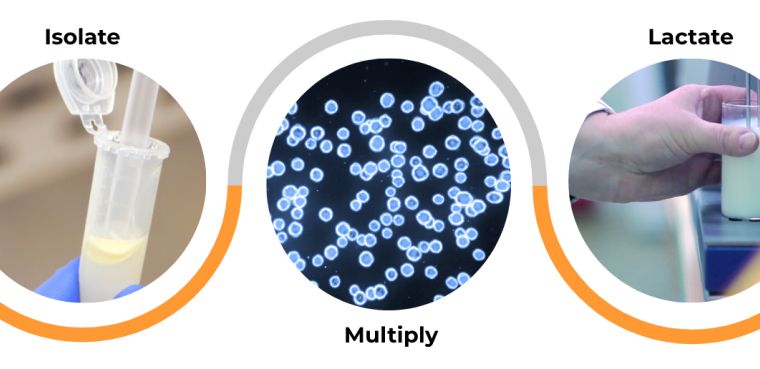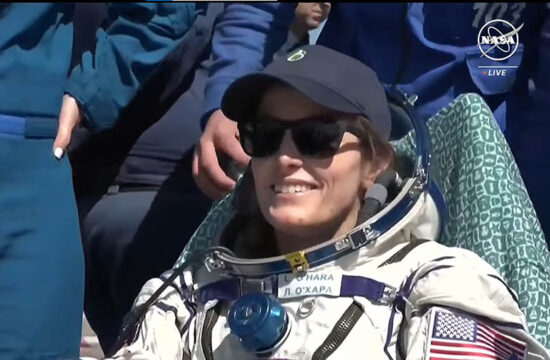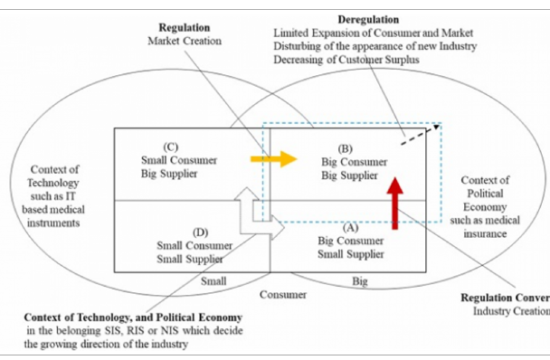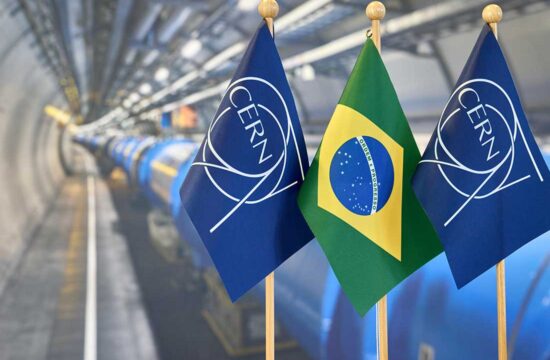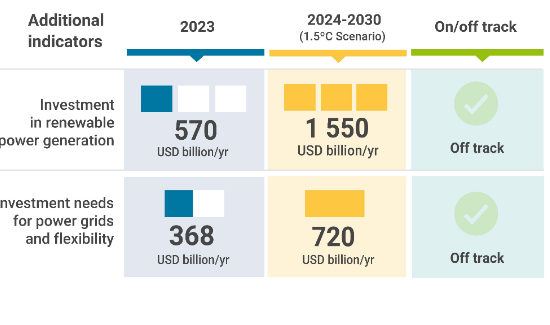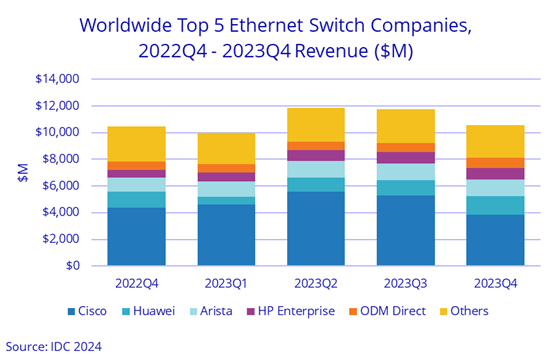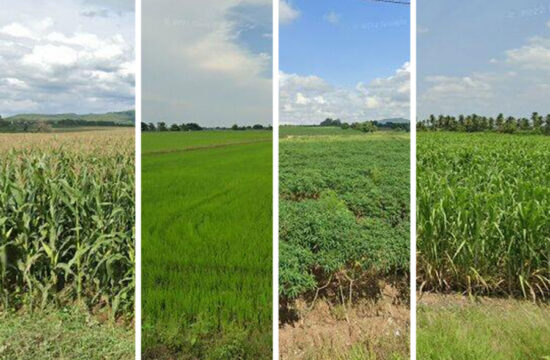Susmita Sah
What would it be like drinking lab made milk produced from cells?
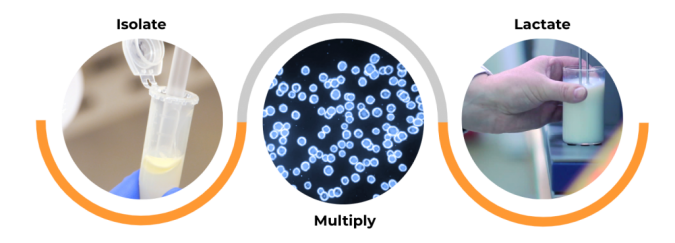
While other labs in this world are focused on producing meat in labs, a lab in Singapore namely TurtleTree Labs, has created a patent-protected technology for the production of lab-made milk with similar composition, functionality, flavor, etc. as of dairy based milk.
The main objective of this non conventional technology is to mimic the natural process of synthesis of milk in contradiction to conventional dairy farming.
The process includes selection of milk producing cells from milk and culturing these cells in large tanks or bioreactors filled with tiny straws. Media follows through the tiny straws in the tank from one end which helps the cells to grow and produce milk.
The cells are known to adhere on these straws and produce milk. Then milk is further collected from the other end of the tiny straws and is finally filtered out.
These types of technologies fall under the broad term of ‘cellular agriculture’ where cells are used for production of agricultural products.
“TurtleTree Labs is the first company to produce raw milk from cells” says Max Rye, Chief Strategist in TurtleTree Labs, in an article published in BBC as a part of Follow the Food. He also mentioned the success story of this technology using cells from cows, goats, sheep and camels.
He says the production of milk from cells in lab, not only provide us with real milk but also will prevent us from harming the planet and the animals.
The primary reason behind employing this non-traditional process of producing milk is the aftermath of traditional dairy farming on climate change and pollution.
“The traditional dairy farming in my view is somehow environmentally unsustainable” says Max Rye.
He raised the issue of increasing population and the difficulties of meeting the increasing the demands of dairy products globally. And he also showed the importance of an alternative which would not require vast resources for examples natural resources and energy, unlike the traditional one.
Dairy production has a considerable effect on climate change due to emissions of greenhouse gases such as methane, nitrous oxide, and carbon dioxide as substantiated by World Wide Fund for Nature (WWF).
About 37% of total methane emission globally has been allocated to dairy farming globally as stated by Food and Agriculture Organization of the United Nations (FAO).
References:
https://www.bbc.com/future/bespoke/follow-the-food/the-spray-that-turns-deserts-into-farmland.html


